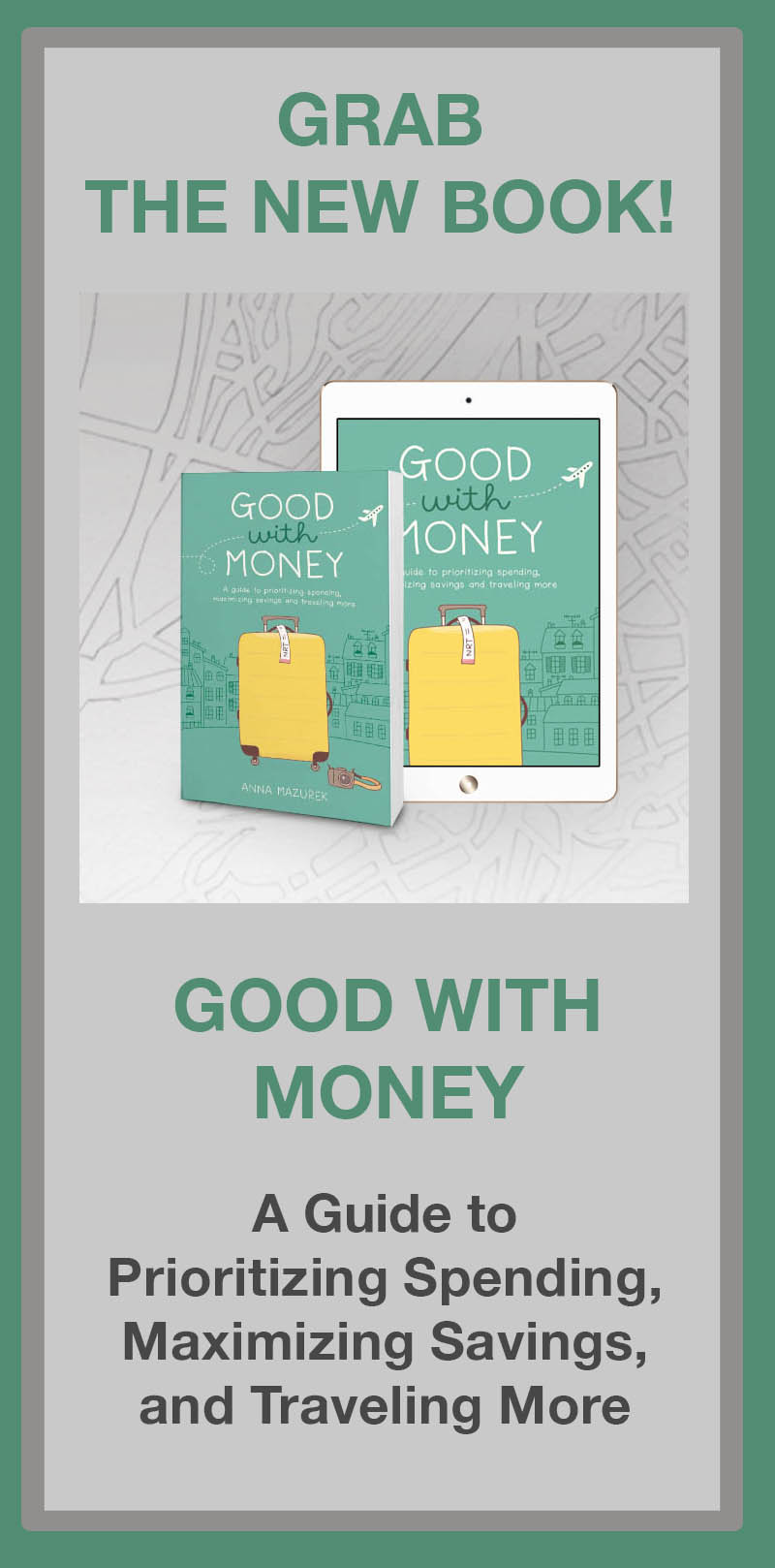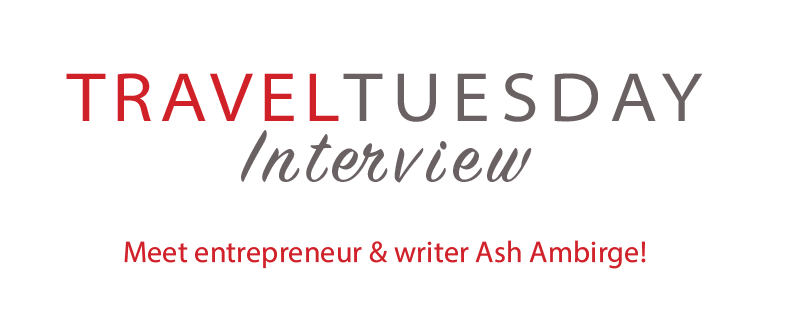
In the latest Travel Tuesday Interview series, I interview Ash Ambirge, a location-independent entrepreneur, creative writer and advocate for women. She is the founder of the business blog called The Middle Finger Project focused on teaching women to be brave, bold and fearless in their careers. Don’t jump to any conclusions based on the name of her blog – read her biography below for context and you’ll understand that the name of her blog is the byproduct of overcoming a tragic childhood and going against all the conventional rules of society to build a multi-million dollar business.
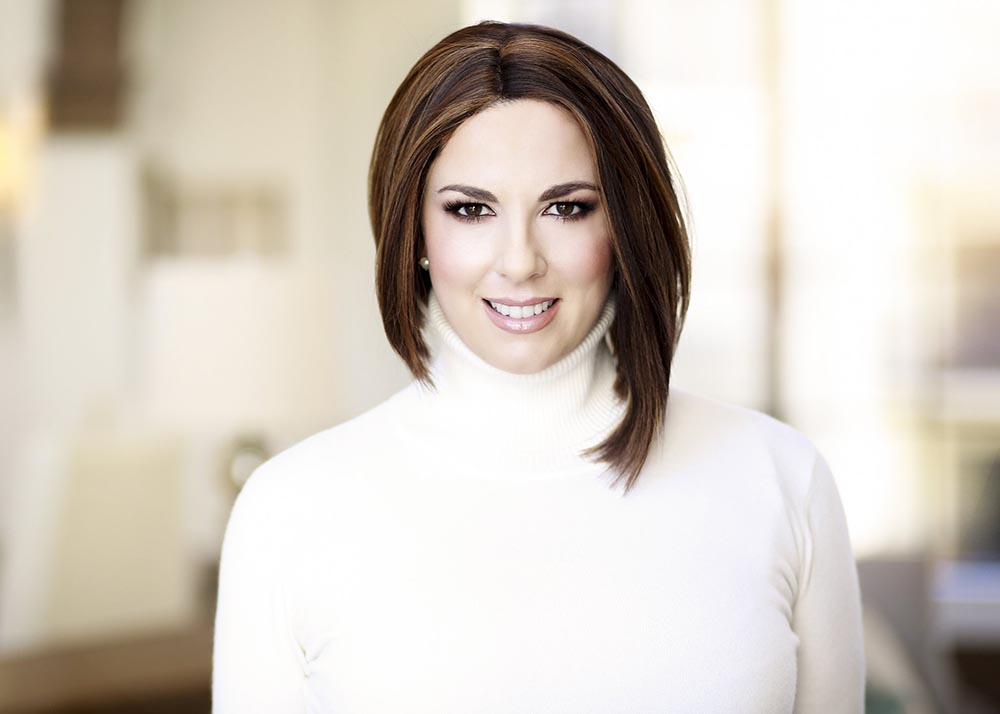
Name: Ash Ambirge
Hometown: Pennsylvania
Website: themiddlefingerproject.org
Instagram: The.Middle.Finger.Project
Twitter: TMFProject
Ash Ambirge’s Biography
Ash grew up in poverty in a trailer park in rural Pennsylvania and lost both parents by age 21. She was an only child and won a full scholarship to college based on economic need, which provided the opportunity to study abroad. A few years later, she was sleeping in a Kmart parking lot with nothing but $26 to her name after escaping from an abusive relationship. That was the pivotal moment where she took the first step and started to build her multi-million dollar business—inspired by Rihanna—which we dig into in the interview.
Her first book is named after her blog, The Middle Finger Project, and hits shelves TODAY February 11th! The book is fantastic and shares both her inspirational story and business/life lessons! I highly recommend it! (This interview isn’t just for women—there’s plenty of good content for men as well!)
We recorded this Skype interview from different parts of the world and discuss business, freelancing and travel. I wanted to tie this interview in with both my blog readers and the courses/workshops I teach on Freelancing for Media Majors at two different universities in Texas so you’ll hear references to these in the interview.
Interview notes and time stamps:
- How she went from sleeping in her car in the Kmart parking lot with $26 to making her first $100,000 [1:46]
- Why her blog is called “The Middle Finger Project” [9:40]
- How to deal with “Dream Zappers” [13:26]
- How to beat imposter syndrome [16:39]
- How she found her confidence [19:49]
- Advice to her 21-year-old self [23:38]
- What she does when she’s unfocused or overwhelmed [25:14]
- How she started traveling [27:20]
- How she won a full scholarship to college based on economic need from the Monster.com founder [27:38]
- What she gets out of travel [31:09]
- What travel taught her about herself [34:41]
- Favorite travel memory [38:35]
- What her regular workday is like [40:32]
- What she would have done differently [43:36]
- Money: How to be more confident asking for money & the difference between a freelancer and an advisor [46:39]
Here are some of my favorite highlights from the interview!
(Please note responses were edited for length. Please watch the video above for the full responses!)
1. How did you start traveling?
“At one point during my junior year [of college], I wanted to study abroad. I had heard [about] a girl from my small town who actually left, and she went to Mexico for a semester. She came back, and I was working at the ice cream stand in my little town. I was like ‘Say something to me in Spanish!’ And, she did! It fell out of her mouth so beautifully that I was instantly intrigued. It felt like there was so much more out there to know, see, and learn. All of a sudden, I was turned on to it, and I didn’t know what I wanted to study in school so I just decided I was going to start with Spanish!”
“[Studying abroad] was the first time that I traveled, and my life changed drastically at that point forward. I was never going to NOT travel! It was suddenly this thing like, ‘How is everyone else not traveling? What are we all doing with our lives? This is the only thing I want to do ever!’”
[Side note for context: When Ash found herself broke and sleeping in a Kmart parking lot, she decided to launch a presale for products/services to her existing blog readers and made $2,000 in 24 hours. We discuss this in detail in the video interview.]
“When the Kmart parking lot happened, I had those $2,000. I was like I’m getting on a plane. I’m getting as far away from here as possible. I’m going to start over in a place where I knew I could leverage the lower cost of living and try to really force myself to figure it out. I didn’t have a safety net. I wouldn’t want one. I didn’t want one. Like I said, I made that first $100,000 from Santiago [Chile] that year.”
2. Travel is often the best teacher. What’s one of the biggest lessons travel has taught you about yourself?
“Well, number one, I sound like a high-pitched idiot when I speak Spanish! My register just changes completely when I’m speaking in a different language. That’s funny. What I’ve really learned about myself from a deep profound thing—well, I’m certainly more comfortable with the lack of certainty that I am with actual certainty.”
“When I’m in Philadelphia too long – I bought an apartment here recently because I thought I should do some adult stuff—it makes me devastatingly uncomfortable to be here and feel resigned, I guess the word is. Travel taught me, for sure, that I thrive in a state of—I don’t want say chaos—but I do thrive in uncertainty. I really like it. It motivates me. It feels good. I feel like I’m moving forward, and I’m making progress in some way. Even if I’m just walking down the street in Switzerland.”
“I sincerely wish that Western cultures in particular would have more of an emphasis in their education system on encouraging young people to know the world and not just their one little corner of it. I really wish they would because I feel like we are missing out on so much of ourselves that we never get to know.”
“I’m more like a chameleon. When I go to other countries, I do see different sides of my personality that I never saw before based on the different environment that I’m in.”
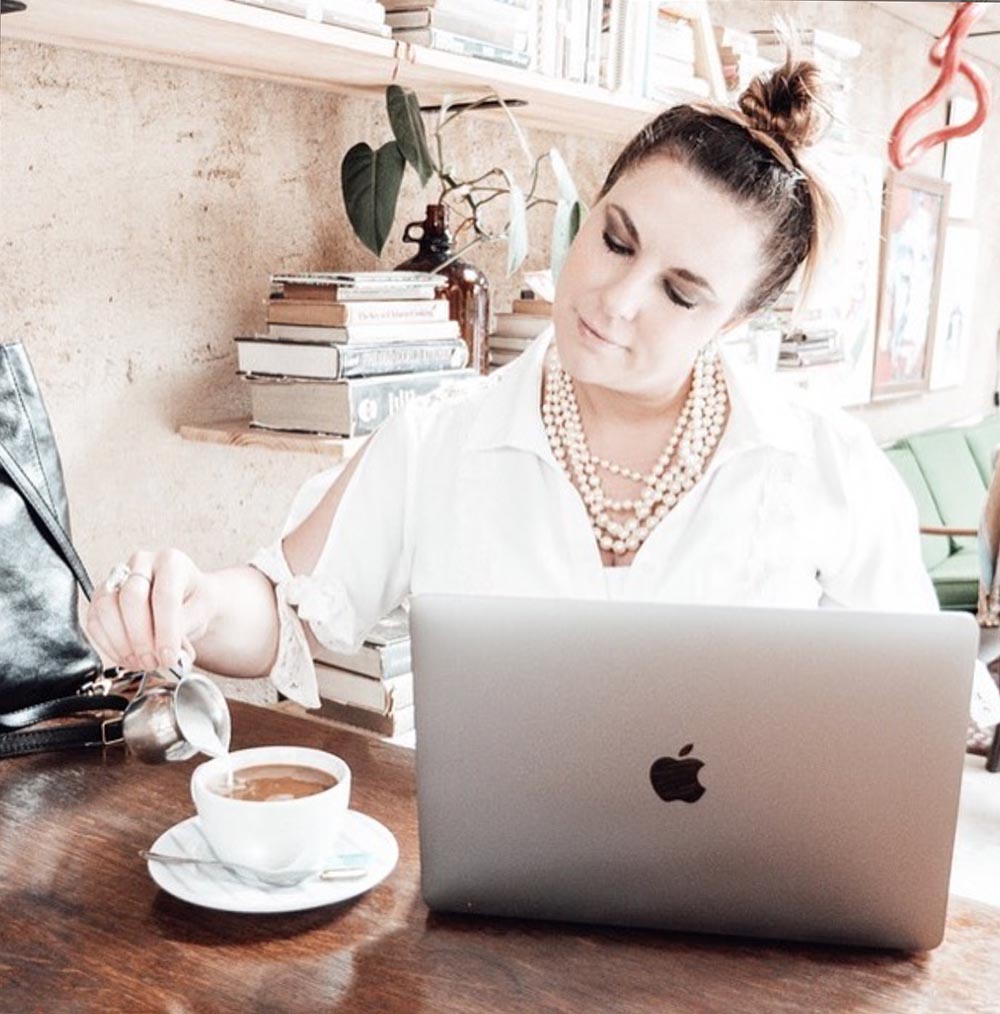
3. What’s your regular workday like?
“A lot of people think that it must be hard to discipline yourself to stay in and work, but when you are doing the right things and the right kind of work, it’s actually the opposite. It’s harder to stop. It’s fun and you enjoy your work. It also becomes this intellectual high-stakes form of gambling now where if I keep doing this then, I’ll make some more money!”
4. What’s the best way to overcome Dream Zappers?
Question: In your book you mention, “Dream Zappers are everywhere, from your family to your friends to your spouse to the very same people who were supposed to be on your team.” What’s the best way to overcome these Dream Zappers?
“What is with people, man? I tell you what! It’s like we should be supporting our kids and our community to be doing interesting things with their lives! I cannot get over this. But, I think what happens with Dream Zappers is a tough one especially the ones that really do love you and really do mean well.”
“Unless someone has done what you want to do, I don’t think they are qualified to be on your board of advisors. I know that’s hard because we all typically go to our parents and we go to our spouse, our sister or our brother for their advice because we value them. But, I don’t think you would go to a sawmill with advice on your hair color! I view it the same way with Dream Zappers because I don’t think it’s the best source to go to your sister, Suzie, who’s an accountant for advice about your photography career because if she’s never done it, she can’t speak from experience. It’s completely shaded with lack of experience and lack of knowledge. I don’t think that’s the best place to be taking advice from.”
“Imposter syndrome is the assassin of DREAMS. It’s the mental mean girl who walks up to you at the party and says, ‘Who invited you?’“
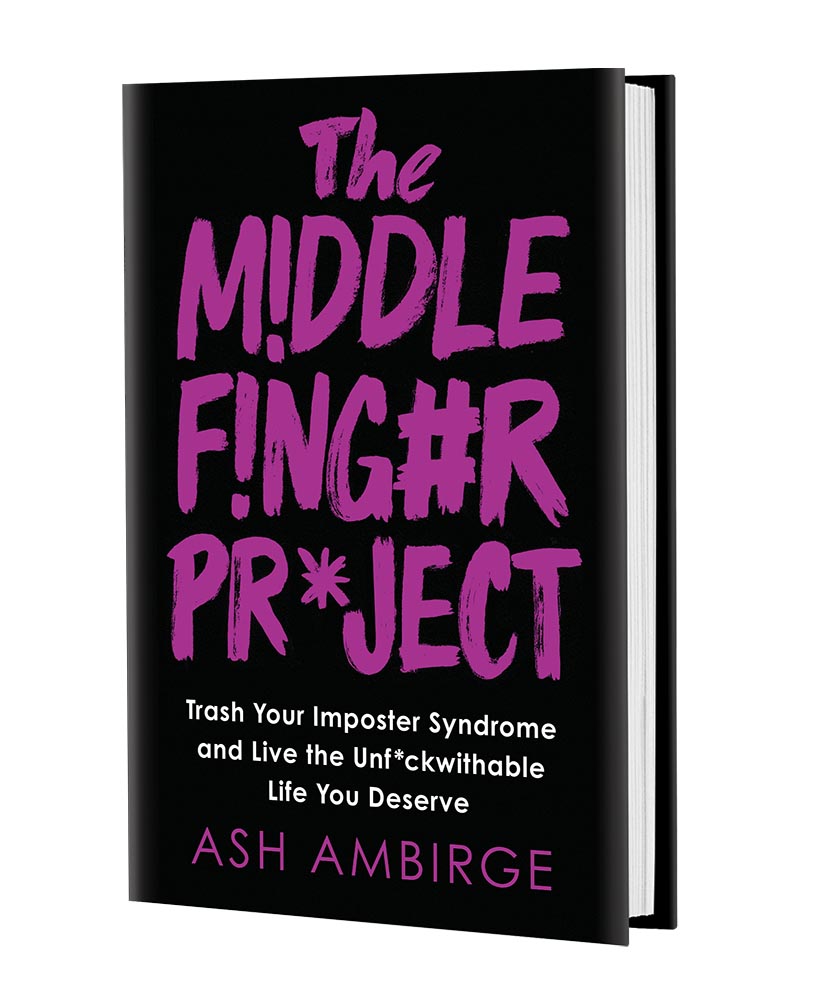
5. How do you deal with imposter syndrome?
Question: One of my favorite quotes in the book is “Imposter syndrome is the assassin of DREAMS. It’s the mental mean girl who walks up to you at the party and says, ‘Who invited you?’” What are your top two suggestions for overcoming imposter syndrome?
“Here’s the thing—it never goes away. It’s something we have to learn how to accept and do anyway. The better you get at something and the more you prepare or progress in a career or in lifestyle, the more aspirations you end up having because you’ve got these other [new] opportunities. You’re always going to be doing something new and feeling impostery about all of it. I don’t think there’s ever a time when you just get there, when you just arrive and you’re like ‘I am now the all-knower of all the things. Come at me!’ That never happens!”
“I keep a folder in my email of any compliments I get, which sounds like really self-important and weird, but I do because it’s so important to have an outside perspective on your talents and your own capabilities because we cannot see ourselves clearly at all! None of us can. We are not objective about ourselves — ever. I think that’s been really helpful to me to remember that I have something worth contributing and other people find it useful and valuable whenever I’m having one of those moments. The second thing I do when I’m really in the thick of it—I try sometimes to keep a list of all the things that I have accomplished and done even if it’s [something] simple during the day…If you look at the piece of paper, you can’t deny the evidence that you are much more capable than you think.”
6. Let’s talk about confidence.
Question: You mention in the book: “Confidence doesn’t come from comfort; it comes from conflict. Trial and error.” Did you always have confidence at a young age or is this something you acquired over time?
“I didn’t really have a choice, I think. I think one of the best things for anybody is the hard. I think it’s a really good thing. If you’ve never had to pull yourself up by the bootstraps before, do you know that you can? I think we all can, but I don’t know that we know that we know that we can.”
“People are wrong all the time. That’s the weird thing I’ve discovered as an adult. I think that when you are young that you assume that the adults have it figured out and they don’t, and it’s really weird. When you start to realize that everyone around you is just guessing—even the guy who’s been in business for 20 years is just guessing every single day of his life. Sometimes, they are just more educated guesses than others, but he’s just guessing. She’s guessing. We are all just guessing.”
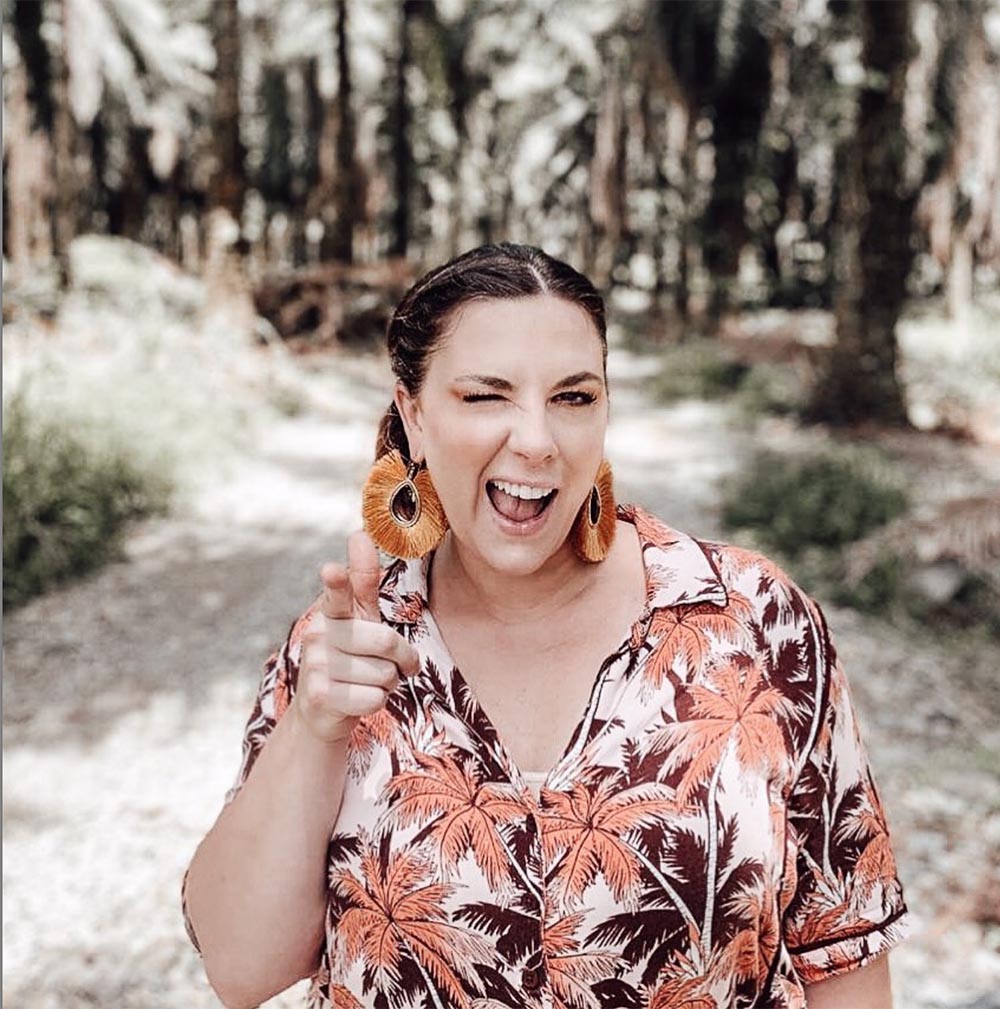
7. What advice would you give to your 21-year-old self?
“Start selling yourself now. I love selling! I love [the idea of] taking any talent that you’ve got and figuring out how to sell it to one person. That’s all you have to do. I think it’s such a useful skill. Even if you want to go the traditional corporate America path, learning how to sell a skill that you have will be an invaluable skill for the rest of your life. I think it’s an important practice, and it doesn’t even matter what it is – if you are great at putting on makeup, if you are great at mowing the lawn [or] if you are great at writing bedtime stories for little kids. Whatever it is, take your talent and figure out how to sell it to someone. I would start making a nice little digital scrapbook. Whether it’s on Instagram or a website itself, I would start documenting your creativity, and your ideas in one place and focus one thing. It’s going to serve as a modern day portfolio. So, if you ever get in the position where you want to quit your job or you want to go freelance, you have this really beautiful thing set up for yourself. You are not starting from scratch. You have this great portfolio of your ideas and your work to serve you to say “Hey, you know what? I would really like to do this for you. Here’s how much it costs.” and that’s all it takes to sell yourself. And, BOOM you’ve got money!”
8. Let’s talk about money. How can you be more confident with money?
“My favorite thing in the world to teach is the difference between a freelancer and an advisor. In any client relationship, you want to try to foster a dynamic of you being an advisor, and they being the client rather than you being the lowly freelancer that they just kind of shove work onto. The difference is a freelancer takes orders but an advisor gives them. It’s a difference in posture and a difference in the way you approach a conversation.”
“Most freelancers will get on the phone with a client, and they will start talking incessantly about themselves and ‘Here’s what I’ve done.’ Whereas an advisor is going to get on the phone and ask the client questions. They are going to listen carefully. They are going to guide the conversation. Then, what they are going to do is come back to the table and say ‘Ok, so here’s what I think you should do.’ It’s a completely different approach to working. Whereas a freelancer is waiting to be told what to do, an advisor is going to say ‘Based on what we talked about, here are my recommendations. Here is what I would advise you to do.’ And, that is important for money because that dynamic indicates the value that you are bringing to the table. So a client is going to filch a lot less if you are this invaluable guide who knows their stuff.”
For more about Ash Ambirge, please check out her new book, The Middle Finger Project, available on Amazon and everywhere books are sold. Follow her blog, Instagram and Twitter.


